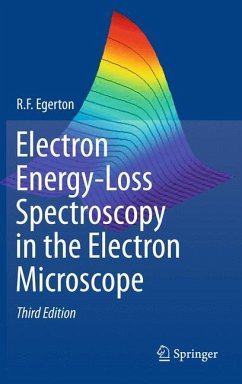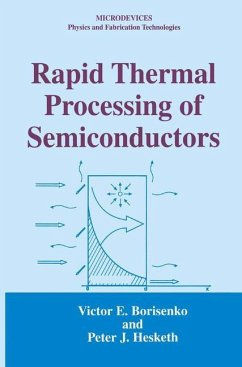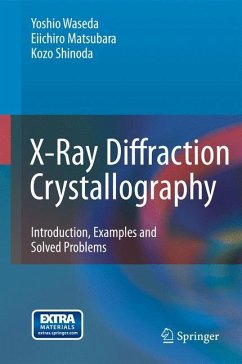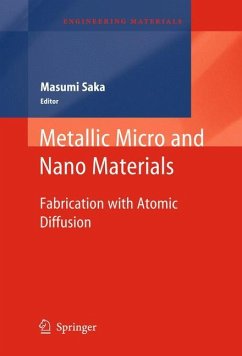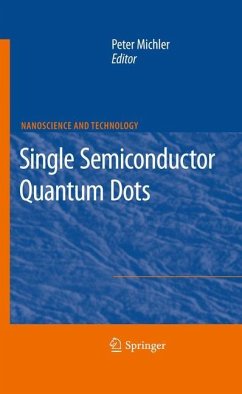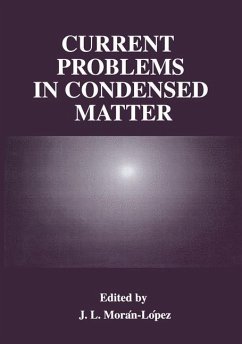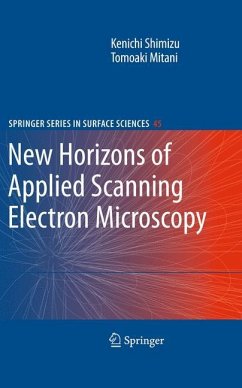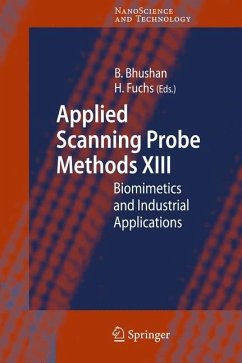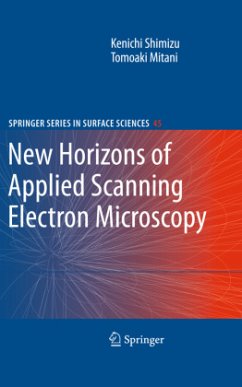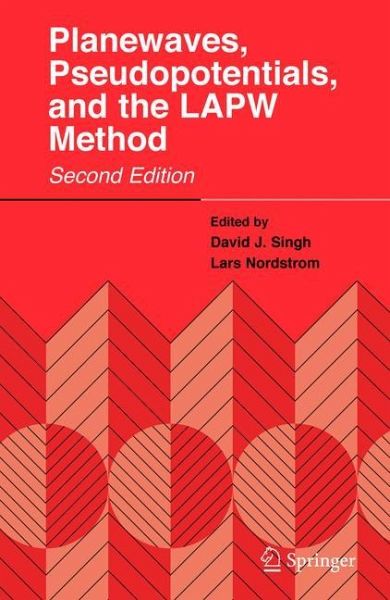
Planewaves, Pseudopotentials, and the LAPW Method
Versandkostenfrei!
Versandfertig in 6-10 Tagen
83,99 €
inkl. MwSt.
Weitere Ausgaben:

PAYBACK Punkte
42 °P sammeln!
The first edition of this book, published in 1994, provided an exposition of the LAPW method and its relationship with other electronic structure approaches, especially Car-Parrinello based planewave methods. Since publication of that book, the LAPW method has been transformed from a specialized method used mostly by researchers running their own home made versions, to a popular, widely used method, where most users run standard codes to investigate ma terials of interest to them. This is an exciting development because it opens the door to widespread use of first principles calculations in di...
The first edition of this book, published in 1994, provided an exposition of the LAPW method and its relationship with other electronic structure approaches, especially Car-Parrinello based planewave methods. Since publication of that book, the LAPW method has been transformed from a specialized method used mostly by researchers running their own home made versions, to a popular, widely used method, where most users run standard codes to investigate ma terials of interest to them. This is an exciting development because it opens the door to widespread use of first principles calculations in diverse areas of condensed matter physics and materials science. The positive impact of this on scientific progress is already becoming clear. Also as a result of this trend, the great majority of researchers using the LAPW method are no longer directly in volved in the development of LAPW codes. Nonetheless, it remains important to understand how the LAPW method works, what its limitations are, and how its parameters determine the quahty and efficiency of calculations. The scientist with an understanding of how the method works has a clear advantage. This edition is an updated and expanded treatment of the LAPW method, including descriptions of key developments in the LAPW method since 1994, such as p 1/2 local orbitals, the APW-i-LO method, LDA+U calculations and non-collinear magnetism, as well as much of the material from the first edition.




